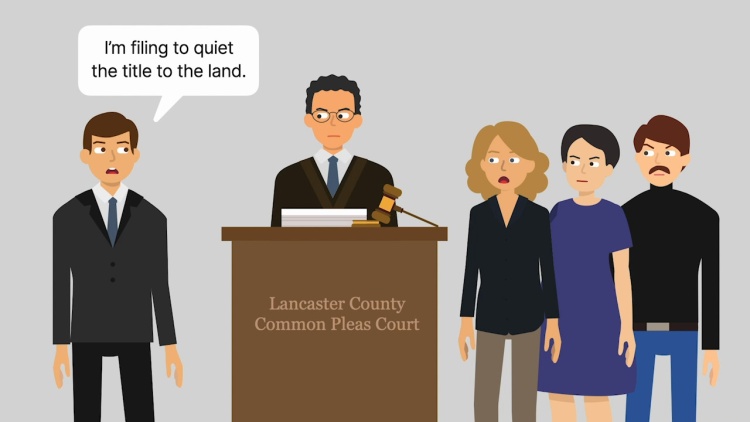Mullis v. Winchester
South Carolina Supreme Court
118 S.E.2d 61 (1961)

- Written by Sean Carroll, JD
Facts
In 1931, E.C. Winchester conveyed a 310-acre property to R.H. Burns. Winchester died intestate in 1936. Burns later died testate. No taxes were paid on the property after this conveyance. The sheriff issued a tax execution and sold the property John Chonis. In 1943, Chonis sold the property to Carl Mullis (plaintiff). Mullis used the property for his timber business. He cut timber on the property infrequently, as it was best practice to cut only larger trees. The deed to Chonis was later found to be invalid. In 1957, Mullis brought suit to quiet title based on adverse possession. Adjacent landowners testified that they believed Mullis to be the owner of the property. Further, evidence indicated that cutting timber was the best use of the land. Winchester’s heirs and Burns’s devisees (defendants) objected to the adverse-possession claim, arguing that Mullis’s use of the property was not continuous. The trial court ruled in favor of Mullis. The defendants appealed.
Rule of Law
Issue
Holding and Reasoning (Moss, J.)
What to do next…
Here's why 904,000 law students have relied on our case briefs:
- Written by law professors and practitioners, not other law students. 47,100 briefs, keyed to 995 casebooks. Top-notch customer support.
- The right amount of information, includes the facts, issues, rule of law, holding and reasoning, and any concurrences and dissents.
- Access in your classes, works on your mobile and tablet. Massive library of related video lessons and high quality multiple-choice questions.
- Easy to use, uniform format for every case brief. Written in plain English, not in legalese. Our briefs summarize and simplify; they don’t just repeat the court’s language.





